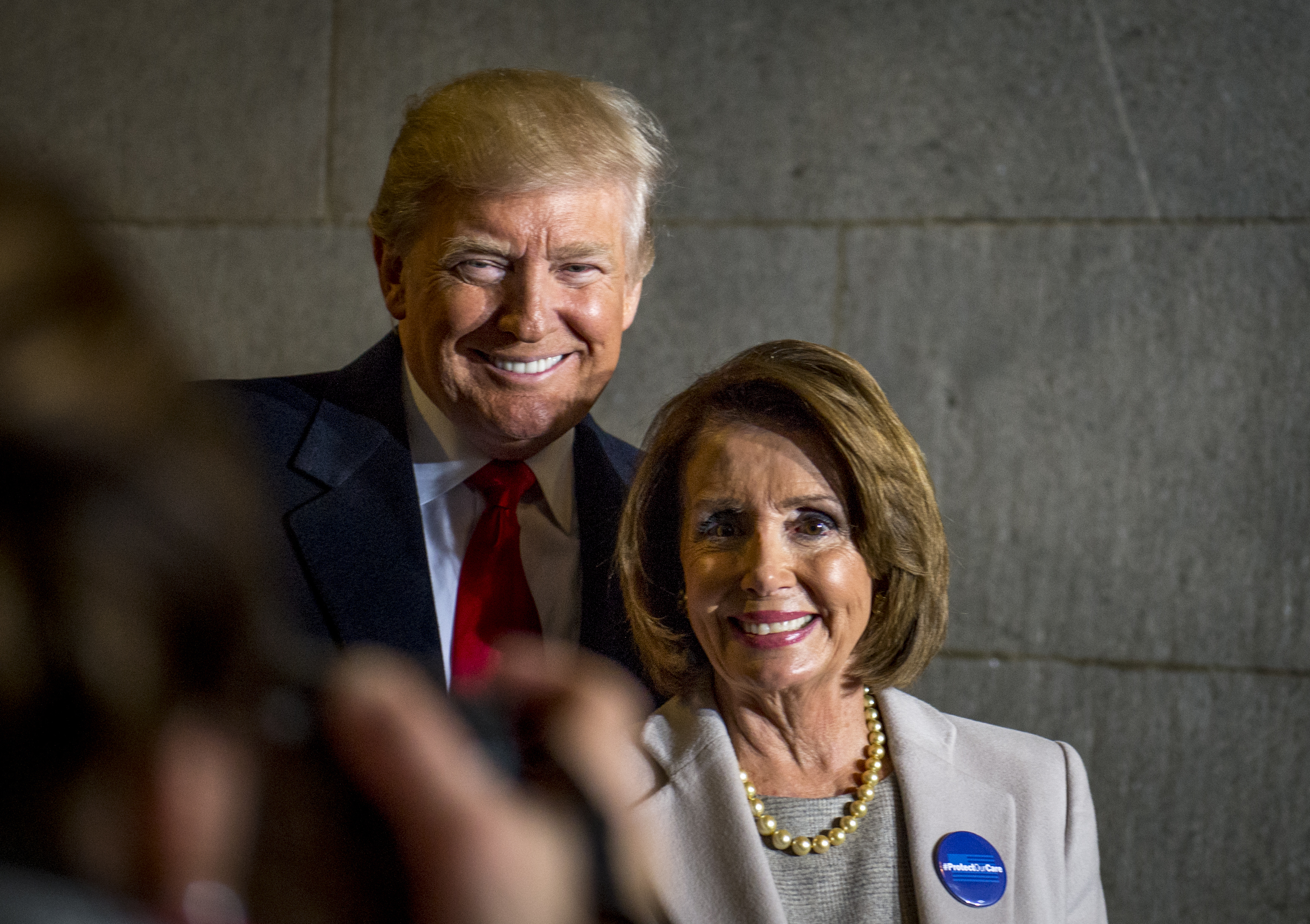
While sitting in front of the muted TV, which was turned to the news, I sat and read a section of Slavisa Tasic’s paper “Are Regulators Rational?” for my Behavioral Economics class. The title of the section my professor assigned is called “Illusions of competence.” It argues that regulators — and people in general — overestimate their understanding of complex things like the market economy when making policy.
“Regulators overconfidently believe that they understand how markets exactly work,” Tasic wrote, “and that their understanding of markets is… sufficient to enable them to competently conceive the policies that would improve the working of the market or lead it toward some desired outcomes.”
I looked up from Tasic’s paper every few minutes, only to see talking heads arguing for or against some part of the stimulus bill Congress was scrambling to put together to address the coronavirus crisis.
Late Wednesday night, the Senate approved a $2 trillion stimulus bill to help families and businesses during this time of uncertainty and upheaval brought on by COVID-19. This is the largest emergency relief bill in the history of the United States.
But the current iteration of the bill has some major flaws — even beyond its ungodly price tag. Members of Congress are confident they can accurately address a problem that even the best medical experts and economists are struggling to grapple with, if only they had enough money.
It’s an unprecedented amount of spending for an unprecedented crisis.
Everybody — including some libertarians — is advocating for some type of payment for families to survive and business to stay solvent. Even Gary Wolfram, professor of Economics at Hillsdale College, said that Congress should do something to help the country:
“I truly think this relief effort could be bipartisan,” Wolfram said in an email. “If the author of ‘A Capitalist Manifesto’ who has been at Hillsdale College for more than 30 years can support this government intervention, then both sides of the aisle should be able to.”
He said government closing businesses is the main cause of economic distress.
“Most of the economic problems are being caused by government action shutting down businesses of all kinds. This may be necessary to slow the spread of the disease, I obviously am not an epidemiologist…” Wolfram said.
The financial pain many American families and businesses are feeling is no joke — the unexpected shutdowns caused a record 3.28 million people to file for unemployment last week, Sarah Chaney, John Hilsenrath, and Eric Morath reported in The Wall Street Journal.
The bill will undoubtedly help many businesses and families to survive in the next few weeks.
Individuals whose gross income is less than $75,000 and couples who make less than $150,000 will receive a one-time check of $1,200. The check will be trimmed for those with higher incomes, and individuals making $99,000 and couples making $198,000 will not be eligible for the check.
The bill allocates $350 billion for loans to small businesses and $500 billion in corporate aid. It’s important to keep our businesses of all sizes alive so that, once released from quarantine, people have somewhere to go back to work, and our economy can (hopefully) return to normal.
The bill seeks to combat some shortages of medical supplies by allocating $100 billion to healthcare providers and $16 billion to stockpile medical supplies. It also allows distilleries to make hand sanitizer to combat shortages.
But the bill has some major downsides.
For one, it will raise this year’s deficit by $2 trillion. By the end of this fiscal year, our national debt will be more than $25 trillion dollars. The Government Accountability Office called our government’s current spending patterns — even before the threat of a global pandemic — unsustainable.
The stimulus bill includes allocations to groups that are entirely irrelevant in this crisis. Speaker of the House Nancy Pelosi has language in the bill allocating $25 million to Washington’s Kennedy Center for the Performing Arts. There’s also $75 million for the Corporation for Public Broadcasting, $75 million each for the National Endowment for the Arts and National Endowment for the Humanities, and $250 million for the Internal Revenue Service.
The most outrageous and unnecessary expenditure is an additional $25 million for salaries and expenses for the House of Representatives — as if they weren’t already getting paid to politic while many of their constituents are left at home without a job or income to feed their families. This is disgraceful.
The bill also raises unemployment benefits to a level higher than what many would receive in wages. This could incentivize those who filed for unemployment to remain unemployed, as the check from Uncle Sam would be larger than the one signed by their employer.
And it includes a subsidy for student loans — undoubtedly a small step toward student loan forgiveness, which Democrats have wanted for some time now.
COVID-19 presented the United States and the world with a problem that nobody really knows how to solve. Congress is no exception.
Alex Nester is a senior studying economics. She is the opinions editor for The Collegian.

